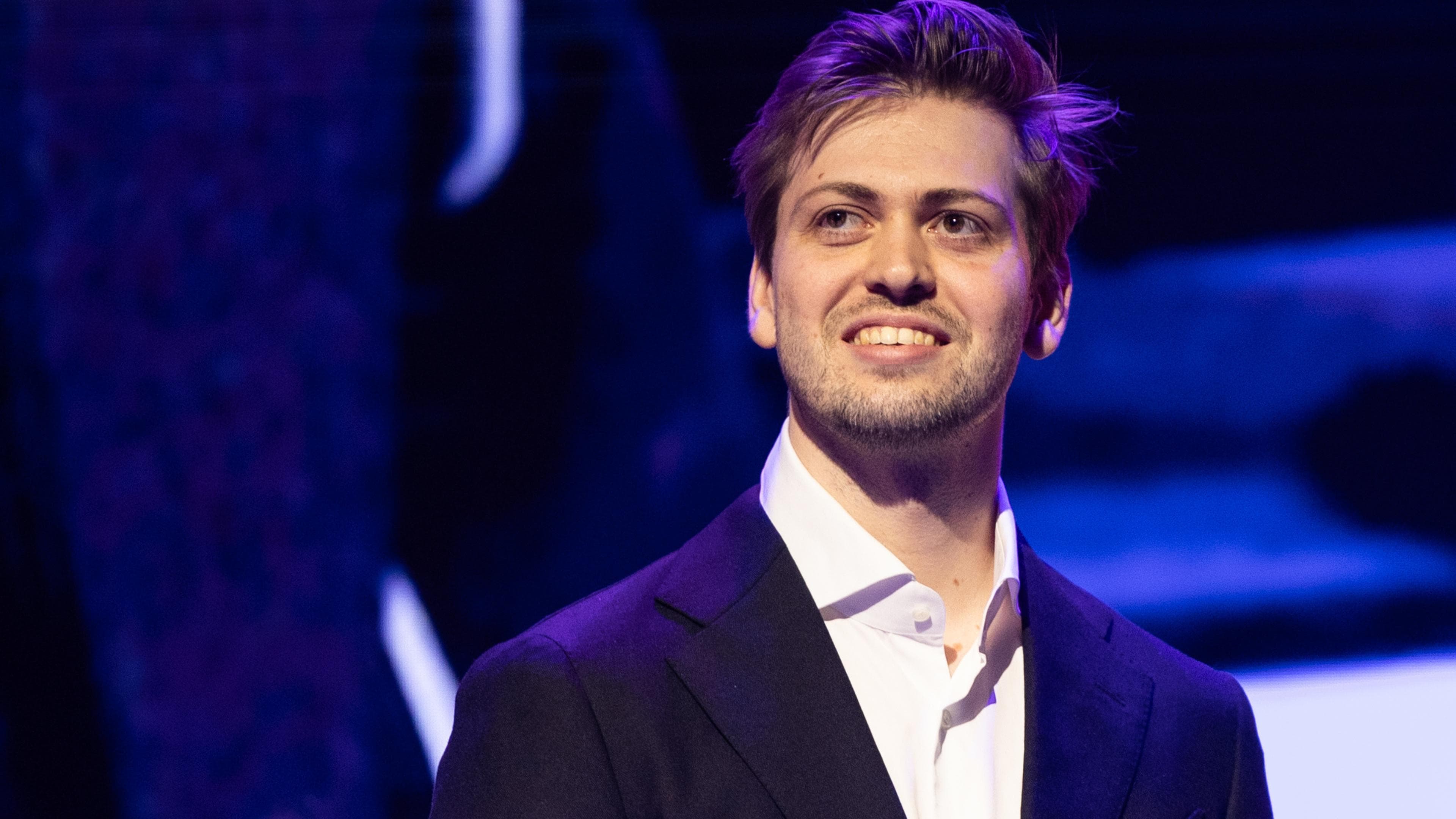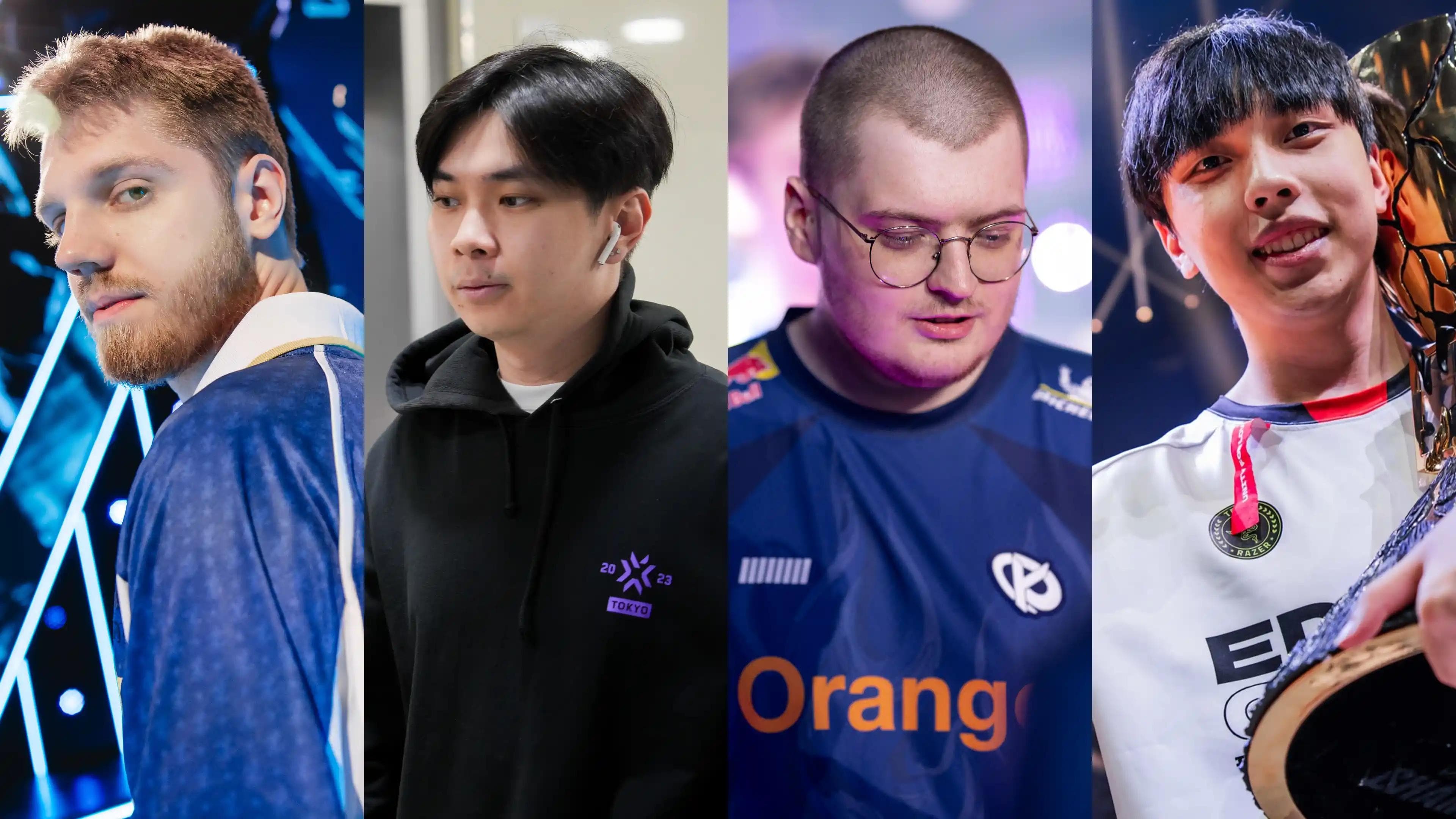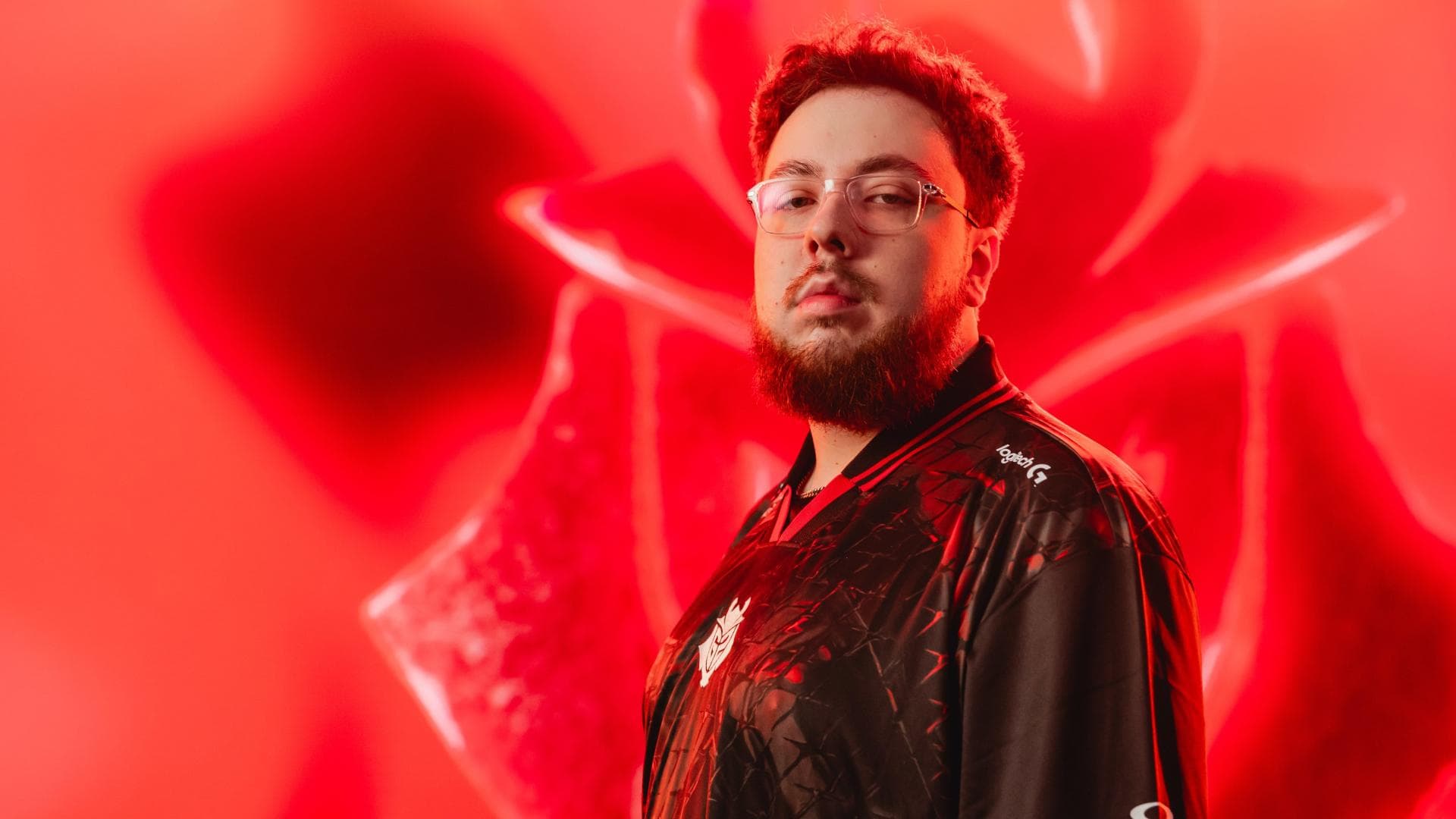"I began as a Duelist, but honestly it didn’t suit me. I’ve always been more of a cerebral player than a pure entry"
On Saturday, Mohamed Amine "johnqt" Ouarid looks back on Sentinels' playoff win against Cloud9 in the VCT Americas Stage 2, opening up about his career path from grinding in the ranked scene in Morocco and Canada to lifting trophies at the highest level of VALORANT. He talks about the difficulties of moving up to Tier 1, the responsibility of captaining a star-studded team, and how proud he is to represent the North African community as he aims for even greater success.
After this opening playoff match against Cloud9, how do you feel about your performance?
Mohamed Amine "johnqt" Ouarid: "Individually, I played at my level, though I could have done better. For some of us, the game didn’t quite click. On Icebox, for example, Cloud9 ran what I’d call a “cheese comp.” They had strong ultimates with agents like Iso, Raze, and Sova. Since we lost both pistols, it snowballed heavily. Losing 13–9 with no pistols isn’t bad, but overall I’d say we played at maybe 60–70% of our real capacity.
You began your esports journey in Morocco with Counter-Strike. What do you remember most about those early days?
JohnQT: It was really difficult. Back then, in Morocco and across the MENA region, pursuing esports seriously wasn’t realistic; it was more of a passion. Balancing studies and competition was tough, but I always believed I could make it if I got an opportunity. When VALORANT came along and I was already in Canada, I seized that chance. The rest is history.
So when you moved from Morocco to study in North America, how did you manage to break into Tier 2?
JohnQT: I grinded ranked constantly, always pushing for top 10, even top 1 on the leaderboard. I never trolled in ranked or scrims, which earned me respect from a lot of pros who saw I had potential. I also played Tier 3 and small Tier 2 tournaments, always putting up good stats. That gave me recognition. Eventually, I received offers, though at first I turned them down because I was still studying engineering. It was a big risk; if I failed, I’d have to go back to Morocco. But in late 2021, Ghost Gaming offered me a great contract, and I decided to take the leap. That was the real start of my career.
What was the biggest challenge in that transition between studies and professional play?
JohnQT: For me, it was like entering a new world. I’d never been in a professional team before, so I didn’t even know what a coach or manager really did. I had to learn everything from scratch. More importantly, I had to build confidence in myself. You can have all the potential in the world, but without self-belief, it doesn’t matter. Playing with Ghost Gaming gave me that first real experience.
After only a few months you even became an IGL at Ghost Gaming. Later, with Sentinels, you also stepped into that role. How did this responsibility come to you, and how do you approach leading such a talented roster?
JohnQT: It was the natural next step. With M80 we reached the Ascension final, and although we lost to The Guard, I was considered one of the top Tier 2 IGLs. I had offers from many teams, but of course, no one says no to Sentinels. On top of that, Kaplan (Adam Kaplan), my coach at Ghost, was already here, and we had a strong relationship. I didn’t feel starstruck joining. Even though I was playing with big names like TenZ (Tyson Ngo), Zekken (Zachary Patrone), Sacy (Gustavo Rossi), pANcada (Bryan Luna), and Zellsis (Jordan Montemurro), I felt I belonged. We had some trial days, it went well, and playing multiple offseason tournaments helped me settle into Tier 1. We actually won three of those offseason events, which gave me confidence going into 2024. That confidence carried us to winning Kickoff and Masters Madrid.
What did lifting that trophy mean to you, and to the Maroccan and North African community?
JohnQT: It meant everything. Representing Morocco and the region was always my top priority. Growing up, I never thought I’d see someone from my country reach this level so I wanted to be that person for the new generation. Winning Masters Madrid was historic, but for me it’s not enough. I want to win more trophies, to give even bigger representation for North Africa. That was in my mind even before the final. I wanted to prove it could be done.
VALORANT changes rapidly with new metas and young talents, but you’ve stayed consistent. What’s your secret?
JohnQT: In esports, there’s this idea that once you’re 25 or 26, you’re near the end of your career. I disagree. If you’re motivated at 26, you’re in a better position than an 18-year-old with the same motivation, because experience matters. I know how to prepare, how many hours to put in, how to approach matches mentally. Rookies often struggle with that. Many teams don’t have veterans or strong leadership, and that slows their growth. For me, consistency comes from knowing what it takes to stay at the top.
Your playstyle has evolved a lot since your early days. You started as a Duelist, how would you describe the changes leading to your role now as an IGL?
JohnQT: Yes, I began as a Duelist, but honestly it didn’t suit me. I’ve always been more of a cerebral player than a pure entry. Over the years, I’ve played everything, Duelist, Initiator, Sentinel, Controller... I just do whatever the team needs. If you truly understand the game, you can adapt to any role. For me it’s about flexibility: adapting to the composition, to the players around me, and to my role as IGL. Sometimes that means micromanaging heavily, other times it means giving more freedom. At the end of the day, I’d describe myself as a very versatile player."
Header Photo Credit: Colin Young-Wolff/Riot Games
- Mehdi "Ztitsh" Boukneter -
/Comments
Write a comment







